This year we are welcoming many new department members, including students, staff and faculty. We are excited to have so many new people joining us.
Welcome to our new staff:
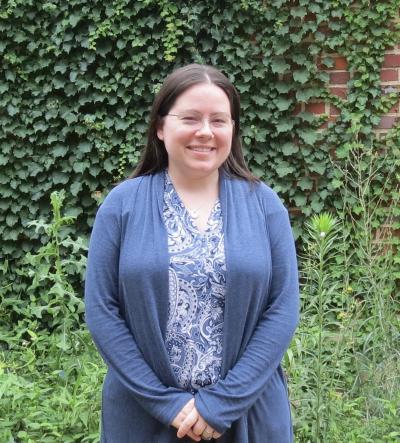
Liz McCullough is our new undergraduate program coordinator. Liz McCullough is a 2013 alum of our Ph.D. program and once spent most of her time running experiments about speech perception. Prior to returning to Columbus, she trained scientists to communicate with public audiences at a science museum in Seattle. As the department’s new Undergraduate Program Coordinator, she’s looking forward to getting to know our students and supporting them in various ways.
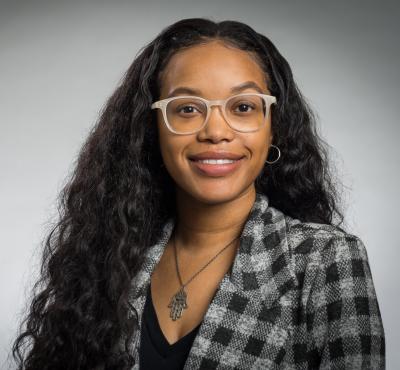
Lyjah Williams is joining us as a fiscal associate, working with department manager Brett Gregory. Her background is in financial aid and account resolution, and her current focus is fiscal operations. This is the third university that she has worked at, and she reports that this one is her favorite so far. She looks forward to furthering her education and growing in the field and here in the department.
Welcome to our new faculty:
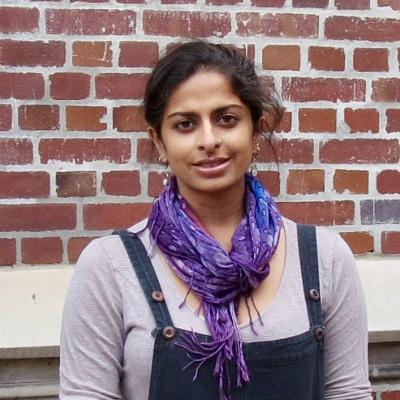
Prerna Nadathur, our newest assistant professor, comes to us after a post as a postdoctoral fellow in the Zukunftskolleg at the University of Konstanz. She received her B.A. in mathematics in 2010 from the University of Chicago, and completed an M.Phil. in Linguistics in 2013 at the University of Oxford, where she studied as a Rhodes Scholar. She received a Ph.D. in Linguistics from Stanford University in 2019, where she worked with Cleo Condoravdi, Beth Levin, and Daniel Lassiter. She has since held postdoctoral and lectureship positions at the Heinrich Heine University in Düsseldorf, the University of California, Berkeley, the Hebrew University of Jerusalem, and the University of Konstanz.
Her background is in formal and experimental semantics and pragmatics, and she's worked in the past on conditionals and the semantics and pragmatics of (quantified) exceptive statements. Recently, she has focused on causal reasoning and the formal linguistic representation of causation, and is particularly interested in how lexically-driven inference drives compositional and sentential-level patterns of interpretation. Under this umbrella, she works on the lexical semantics of causative constructions and implicative verbs, as well as on the interactions between causal lexical meaning and aspect in phenomena such as the imperfective paradox. Her forthcoming monograph (Actuality Inferences; OUP 2023) examines the actuality inferences of ability modals and related predicates through a causal lens.
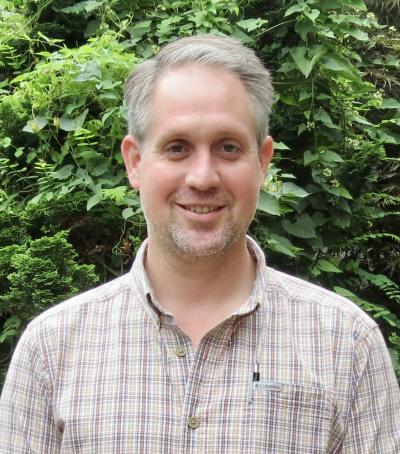
Dan Parker is a psycholinguist who combines experimental, computational, and formal methods to study how humans process and interpret language in real-time. He is particularly interested in how we mentally assemble, access, and manipulate syntactic representations in working memory to guide moment-by-moment interpretation. He received a B.A. in English from the University of Toledo in 2002, an M.A. in Linguistics from Eastern Michigan University in 2009, and a Ph.D. in Linguistics from the University of Maryland in 2014. From 2014 to 2022, he was a professor at the College of William & Mary and joined the Department of Linguistics at The Ohio State University in Fall 2022.
Welcome to the 2022 graduate cohort:
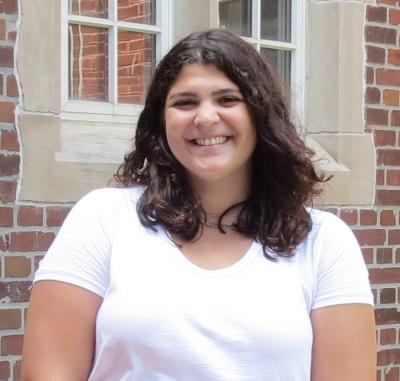
Alyssa Allen recently graduated from Eastern Michigan University with an MA in Linguistics. Her thesis studied the social and indexical properties of the voices of computerized assistants like Alexa. She plans to continue her research on the sociolinguistics of computerized language generation here at Ohio State.
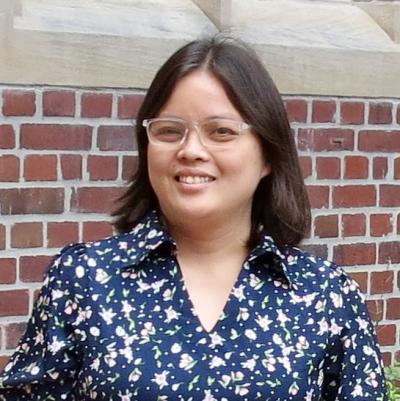
Phuong Dang received an MA in Linguistics from UC-Fresno, and has since been a lecturer in English at Vietnam National University in Ho Chi Minh City. Her thesis investigated the interaction between prosody and structural recursion through the lens of domain-initial strengthening in Vietnamese compounds. She will continue to focus on the prosodic hierarchy.
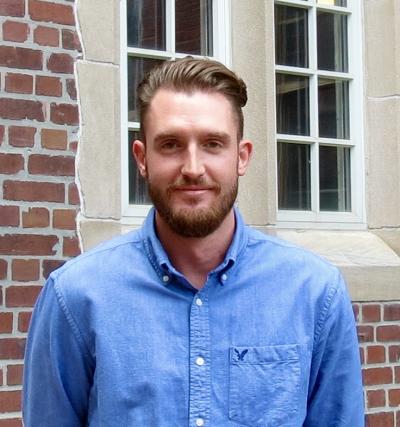
Lindon Dedvukaj completed an MA in Theoretical Linguistics from Oakland University in Michigan, where he worked on the Malsia Madhe dialect of Albanian. He is interested in historical linguistics, Indo-European, and the place of Albanian and Balkan linguistics in Indo-European studies.
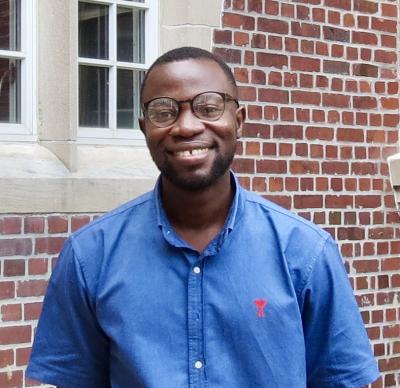
Kojo Oduro Ofori holds a Master of Philosophy in English Language from the University of Cape Coast in Ghana, where he studied the sociophonetics of vowels among English-speaking members of the Fante ethnic group. He is interested in studying phonological variation and the sociolinguistic construction of identity in understudied Niger-Congo and West Chadic languages.
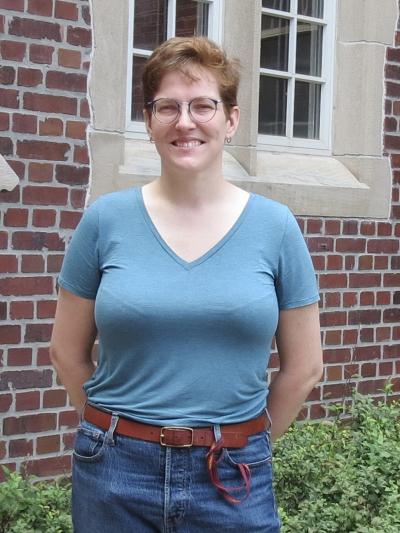
Lee Reid holds a BA in Honors Linguistics with Distinction from Concordia University in Montréal, where she did a thesis on the Mandarin aspectual marker le. She is interested in developing mathematical and computational cognitive models of language.
